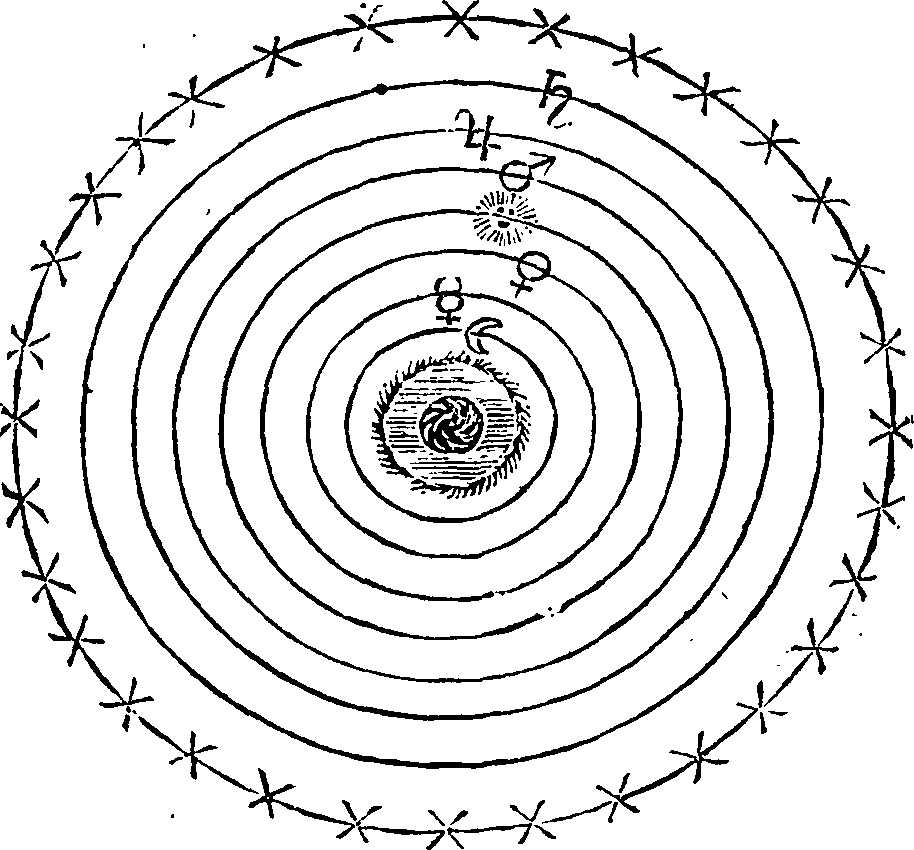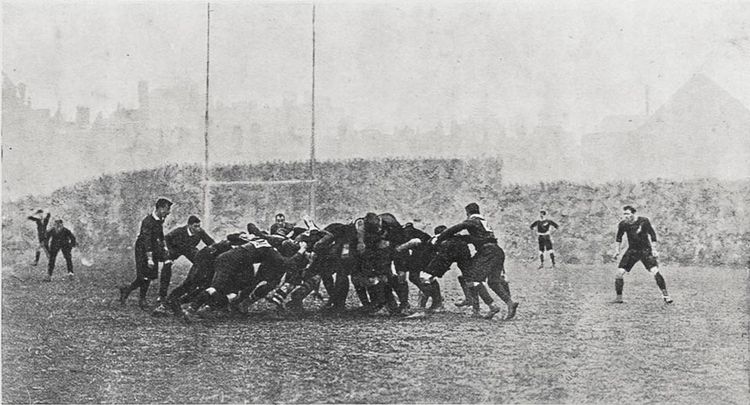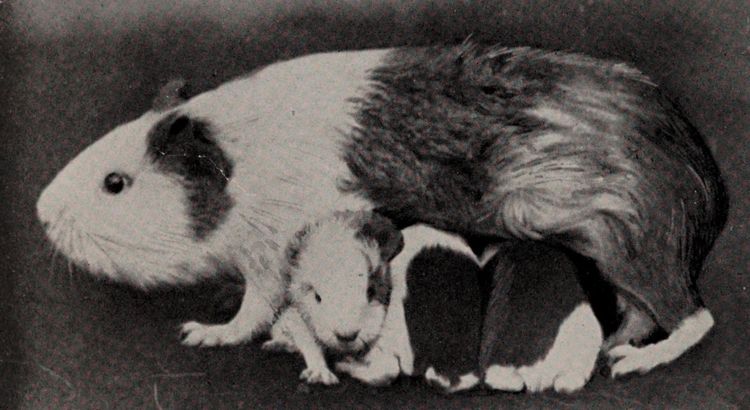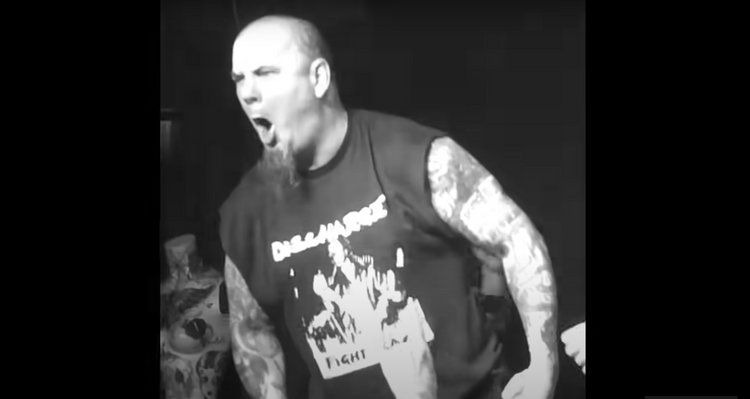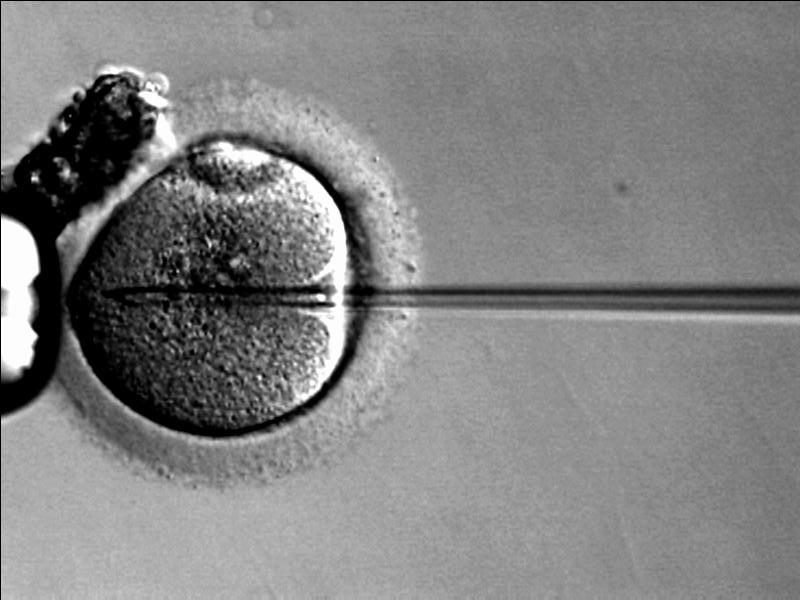Cycling Proficiency
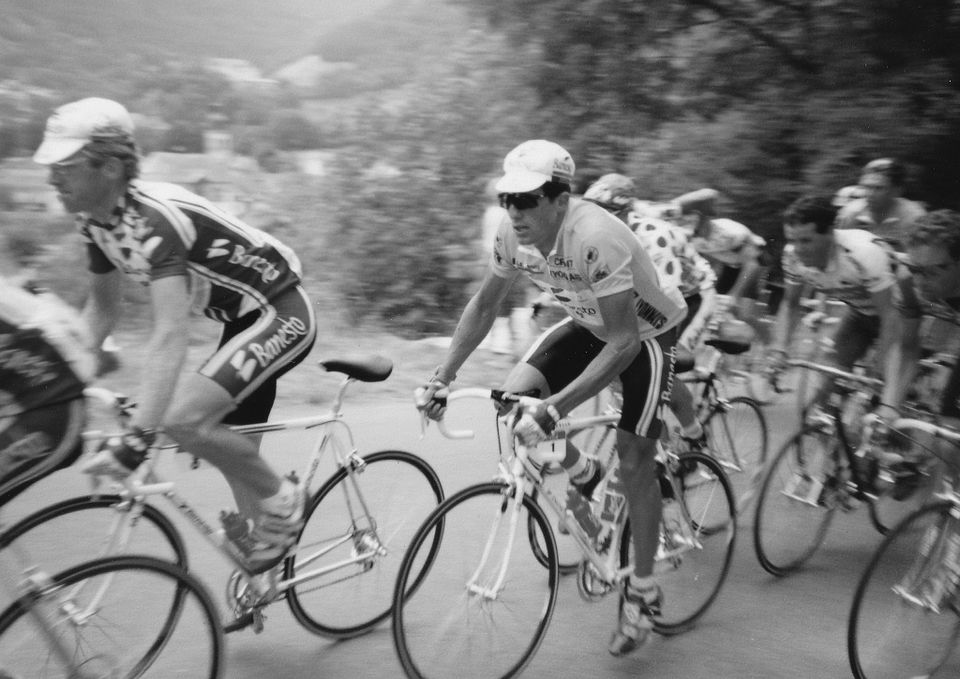
My Dad and I stood in the alleyway at the side of a semi-detached house on the Park Barn estate. On one side, an overgrown privet hedge. On the other, a creosoted fence, head-height, the type with rough wood that splintered into your thigh should you so much as brush up against it. The scent of stale dog excrement lingered in the air.
“He hardly rode it,” the woman said, drawing on a cigarette, narrowing her eyeliner stare. “Told him I’d sell it.”
My father and I ended up on housing estates buying second-hand furniture, white goods, and distractions for children more often than I care to remember. He always entered the negotiations with an immediate distrust and was fond of dropping into conversation that he was a policeman, that he wasn’t born yesterday, that he knew what he was looking at.
“Get on it then,” said Dad.
The woman flinched, shot him a puzzled look, and then realised he was talking to me. I grasped the handlebars, tilted the bike and, with no little effort, swung my leg over the saddle. I stood upright above the crossbar. Even on tiptoes, I barely cleared it.
“He knows what he’s doing, at least,” said the woman, fumbling with her lighter. “Got on it the right side.”
“How much?” said Dad.
“Thirty five quid.”
“I didn’t know there was a wrong side,” I said.
“Twenty five,” countered Dad. “Cash.”
“Twenty eight.” She drew on the cigarette, hard. “And you can keep the water bottle.”
“Done.”
*
I spent the first week of that summer holiday watching the Tour de France, intrigued by the flowing lycra and alien helmets of the oddly-shaped Europeans. There was something about the wild, tracksuited men who chalked slogans in the road and then leapt into the ferns and granite, just in time for the peloton to pass. It felt like what it was; something that took place somewhere else.
My televisual obsession lasted a week. It was cut short by my father declaring one morning that I wasn’t going to spend the entire bloody holiday watching telly, adding that my mother couldn’t be expected to bloody well give me lifts everywhere now she was pregnant again. It was time I got a bike.
The Raleigh racer we bought from the paper had everything I wanted from a bicycle. White handlebar tape, curved chrome dropbars, a vicious-looking set of chain rings, and Team Raleigh emblazoned on the side in yellow. The forks had an emblem forged into the metal, there were two gear levers on the downtube, plus - the crowning glory - that water bottle holder.
It was the early nineties and road bikes had gone the way of undersized soccer shorts and men with moustaches. They were seen by most of society as out of fashion, unsightly, possibly dangerous. But I didn’t care.
There was only one small issue with the bike.
I didn’t know how to ride it.
*
I was not aware of other eleven-year-olds who could not ride a bike. I was born with excessive femoral anteversion, a rotated hip that meant I spent a large part of my childhood falling over myself. Balance was an issue. But there was social introversion too, a fear of trying something new.
My parents were not pushy. But every now and again I would come up against some developmental boundary and they would demand that I extend myself beyond it.
Eleven-year-olds who couldn’t ride bikes were social outcasts. My mother’s approach to my reintegration into society was one of gentle encouragement, kindly outlining the benefits of being velocipedially mobile. My father’s approach was to lock me out of the house till I learned how to ride the damn bike.
Both methods, in their own ways, worked.
My brothers and sisters filed outside and stood gape-mouthed at the chainlink fence as I tottered round the car park at the front of our house. I stopped every few yards to hop onto the crossbar and tiptoe forward, before jumping back onto the saddle, trying to harness and sustain the forward motion. I tried to channel Miguel Induráin, the five times Tour de France winner. Somehow our next door neighbour’s expensive French car remained unharmed.
After hours of dedicated practice, I acquired a rudimentary understanding of momentum, a basic grounding in the physics of the machine. Speed was the key to stability, and stability was the key to confidence. The harder I pushed the pedals, the more confident I became.
That night, just before bathtime (having once more been given permission to enter the house), I raided my sister’s craft set, sneaked outside, and scrawled GO ADAM in foot high letters in the driveway. In the fading gloom, I carefully paced the car park and set out some cones I had been using as goalposts.
The following morning, I rose early. I made myself breakfast and pulled on my tightest pair of shorts. I checked my green Halfords helmet for defects, put it on, and strapped it tight beneath my chin.
The small car park in front of our house was big enough for six cars. A driveway connected it to the garages at the back, which were up a short, steep, and poorly-concreted slope. Together, the car park and the driveway could be circumnavigated in a P-shaped loop. The garages were my imaginary cycling team’s base and workshop. The slope was my mountain, and the start of the course.
I launched myself down the slope, narrowly avoiding the coal bunker at the side of the house, and flew down the straight, over the chalk slogan, and into the long right-hander that led to the car park. Loose gravel lay on the surface of the next left-hander, which unsettled me but I gently shifted my weight and moved through it. I reduced my speed, straightened the line of another left-hander, and sailed between the curb and the cones, powering back up the straight towards the garages. At the top, I used the slope and uneven concrete to reduce my speed, manoeuvre the switchback, and begin again, the newly-crowned King of the Mountains.
One hundred laps seemed like a suitably challenging distance. It gave time for spectators to finish their breakfasts and come out and watch. Without gendarmes, the spectators would occasionally wander onto the track endangering the riders, who were now in their hundreds and were all vying for top spot. I held the lead, spurred on by the encouraging roars of my younger siblings.
For that morning, and almost every day of that summer holiday, I was the leader and the peloton, the commentator and the race, and I never once relinquished the imaginary yellow jersey that indicated I was winning. I was the undisputed Tour de Car Park champion.
The next step was inevitable. It was time to learn take this red Raleigh racer on the road.
All I needed was a triangular enamel badge that said NATIONAL CYCLING PROFICIENCY.
*
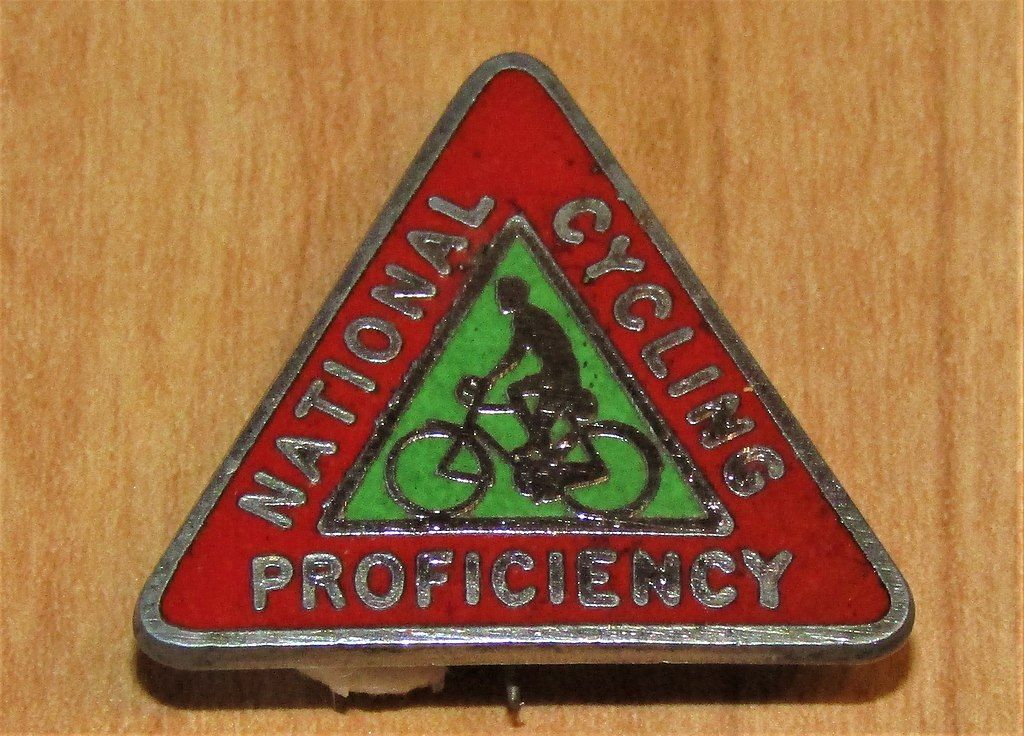
The Cycling Proficiency Test held a level of societal importance at the time that it has never since delivered upon. Officials have never asked me to produce my certificate or take a refresher course. Which is just as well, because the first time I nearly killed someone.
The test took place during the summer holidays at the school I had just left, having graduated to secondary school. I was the only kid my age taking it.
“They force you to ride on the motorway,” lisped one kid.
“I heard someone rode into the back of a rubbish truck and got crushed to death,” boasted another.
While I was not enamoured to be spending the day with kids from my younger sister’s class, I was delighted to see my favourite teacher for, unbeknownst to me, the last time.
“Hey Adam,” she said, brightly, leaning in. “Nice bike.”
I beamed. All the other children had mountain bikes with chunky tires, straight handlebars, and masses of gears. Their bikes were covered in neon stickers that spelt extreme with an X and were called things like Rockhopper and Stumpjumper. The children didn’t look twice at my retro steed. Most of them did not have water bottle holders or, indeed, water bottles.
A mean-looking woman with a tight, orange perm moved down the line of bicycles with a clipboard, inspecting them for roadworthiness.
“I didn’t know candy floss came in that colour,” whispered someone.
The cycling proficiency inspector reached my bike and gave it the once over.
“Approved. Though your tires are lacking tread,” she said.
We wheeled our bikes out to the nearby suburb, a quiet set of roads with new-build semi-detached houses and plenty of parked cars. The instructor mounted her sensible bicycle, which had paniers, reflectors, and a little mirror to look backwards. We were briefed to follow her down the road and she would teach us to signal and turn. Her hair shuddered in the breeze like foam on a wave as she issued her commands in a severe monotone.
After she watched and scored us replicating her moves, my favourite teacher called me over.
“Adam, you’re wobbling. Why don’t you try using the dropbars?”
I had never dared to adopt the racing stance on my bike. I moved my hands to the lower, curved dropbars. It felt right.
“Looking good,” said my teacher. “Now, go do the final test.”
The last manœuvre of the day involved weaving through a slalom of cones before coming to an emergency stop. The instructor beckoned me from the far end of the road and, set in my new racing position, I moved off towards the clipboard lady. Pedalling was suddenly easier. I entered the slalom and glided effortlessly through the cones with only subtle weight shifts.
Perfect scores floated into my mind. I imagined someone from Banesto secretly watching on, ready to recruit me into their Tour de France team. Sure, I’d have to leave school, but I could catch up with my studies on the road. What Miguel Induráin couldn’t teach me was not worth learning.
As I bulleted towards the instructor, racing posture assumed, hands slung low, elbows tucked, I heard the roar of a crowd, my fellow examinees urging me on. The instructor raised her arm, the rehearsed signal for me to smoothly stop in the coned area behind her. I reached for the brakes.
They were not there. I could not find the chrome levers.
As I bore down on the instructor, my legs pumping faster and faster, I panicked and took my eyes off the road. My hands groped for the brake levers and I swerved uncontrollably to the side, missing the instructor by a matter of inches before mounting the curb and falling in a tangled heap of gears, greased chainlinks, and limbs onto the grass verge. My racer lay prone on its side, the rear wheel spinning freely.
“You might have killed me!” said the instructor, rushing over. “You were out of control. You idiot!”
The audience of school children emitted a clearly audible collective gasp.
“What did she just call him?” said one of them.
My teacher ran over to me, checked I was alright, and then walked over to the instructor. I picked up my bike, grateful for the soft landing. Nothing was broken.
A lengthy conversation took place between my teacher and the instructor, with much consulting of the clipboard. My teacher spoke in urgent, hushed tones while the instructor shook her head multiple times before offering a resigned shrug of her shoulders. They both walked over to me.
“Mr Thomas. I am told you are a sensible, hard-working boy. Your father is, apparently, a policeman. Though I disagree, your teacher has persuaded me not to fail you. You have, I regret to say, passed the test. But I strongly advise you to slow down in the future.”
*
The summer holidays moved into autumn schooldays: wet leaves underfoot, split horse chestnut cases, dark mornings waiting for the new school bus full of older children. I made friends, reluctantly.
James was one of them. He liked computers and lived in the next town. My mother eased into our Volvo and drove me over most Saturdays so I could go to his house and marvel at his Amiga 500.
When Mum went into labour, we were worried at first. She was taken to a specialist hospital several towns over. We were home alone, with Dad either out to work or visiting her. There were complications during the birth, so Mum stayed longer than expected. Dinnertimes at home were subdued, our raucous laughter replaced by the quiet scrape of cutlery on ceramic. We cooked what we could.
When Mum came home, she looked surprisingly well. The twins, her fifth and sixth children, had stopped crying. They would only sleep in a cot next to each other. We helped out with cleaning and chores and, sometimes, when the twins were awake, we could hold them.
When James invited me over to his house the following week to look at his new game, a space trading and combat simulator, I knew I couldn’t ask my Mum. Dad was out at work. I was aware of the rough direction, but not entirely sure of the distance. It never seemed that far in the car.
I snuck out into the freezing Saturday morning air and took my bike out from the shed. I wheeled it to the back gate and slipped out. As I set off, instead of looping right into the car park, I continued straight and then turned left onto the main road for the first time.
The route was initially familiar. I rode past the doctor’s surgery and the terrific line of horse chestnut trees, past the old oak in the field and then into the next village. I passed the tannery, the old mill, the tumbledown railway station and, further - one village more now - the old water-powered iron forge. The roads were quiet and the few cars I encountered moved round me, leaving just enough space as I swerved to avoid storm drains and fallen boughs.
But once I was beyond the watercress farm, I lost my bearings. The road left the villages I knew behind and the speed limit increased. Cars shot past me in a blur, causing me to momentarily quake in their slipstream, buffeted by a circular wind. I thought I recognised a football pitch where I once played, but could not be certain.
Tall trees had shed their leaves and I could feel the thin tires of the bike squirming beneath me. I recalled the endless loops of the Tour de Car Park, trying to summon speed, stability or confidence - I’d take any of them. I pushed the pedals harder and the bicycle went faster, but I did not feel safe. I had been cycling for the best part of an hour and was almost entirely spent when the hill came.
The road rose before me, narrowed, the white road markings morphed into two solid white lines down the middle of the road, an indication of danger. The world grew dark beneath a canopy of trees and tall banks of earth loomed on either side. A truck accelerated up behind me and growled, impatiently waiting to pass. From way back somewhere a horn sounded and a queue of cars snaked slowly down the road. Exhausted, my cadence grew uneven and I slowed further.
I was still someway from the top when I thought of Miguel Induráin in his yellow jersey and white cycling cap. Keeping my eyes firmly on the road, I pushed my body back, forcing myself to the rear of the seat on the downstroke, and leaned forward. I flexed my elbows and, on the next stroke, I raised myself out of my seat into a standing position and began to lean the bike from side-to-side, delivering power evenly to the pedals.
As I crested the hill and accelerated down, I relaxed into my seat and started to pull away from the truck. My bike picked up speed, and I dropped lower, reaching down. I set my hands into the dropped handlebar position. My fingers found the brake levers, I tucked my elbows into my sides, and I applied the brakes gently.
*
The phone rang for ages. My sister picked up. Dad was out at work, but Mum was in. The twins were sleeping.
“Mum, it’s me.”
“Where are you?”
“James’s place.”
“Where?”
“At James’s house. In town.”
“Jesus Christ. How on earth did you get there?”
“On my bike.”
“Two seconds.” She put the phone down. I heard her walk over to the window and come back. “I thought you were riding round the bloody car park.”
“I was,” I said. ‘But then I decided to ride here.”
“That must have taken you an hour. Did you ride on the roads?”
“I’m fine.”
“You have to be careful!”
“I was,” I said.
“You’ll be the death of me. Well done for being careful though.”
“How are the twins?”
“They’re sleeping. Are you staying there for the day?
“Yes, I’ll come back later. But can I ask a favour?”
“Sure.”
“Can you come and pick me up?”
Thanks to my editors Heather Eddy and Araminta Robertson. And thanks to Julia for helping me to balance, in more ways than one.
If you liked this, please consider forwarding to someone you love. Subscribers get creative non-fiction and personal essays like this on the regular. See you next week.
Image credits:
- Miguel Indurain le 22 juillet 1993. Guigui, CC BY-SA 4.0 https://creativecommons.org/licenses/by-sa/4.0, via Wikimedia Commons.
- Pin badge National Cycling Proficiency. Kolforn (Wikimedia), CC BY-SA 4.0 https://creativecommons.org/licenses/by-sa/4.0, via Wikimedia Commons
